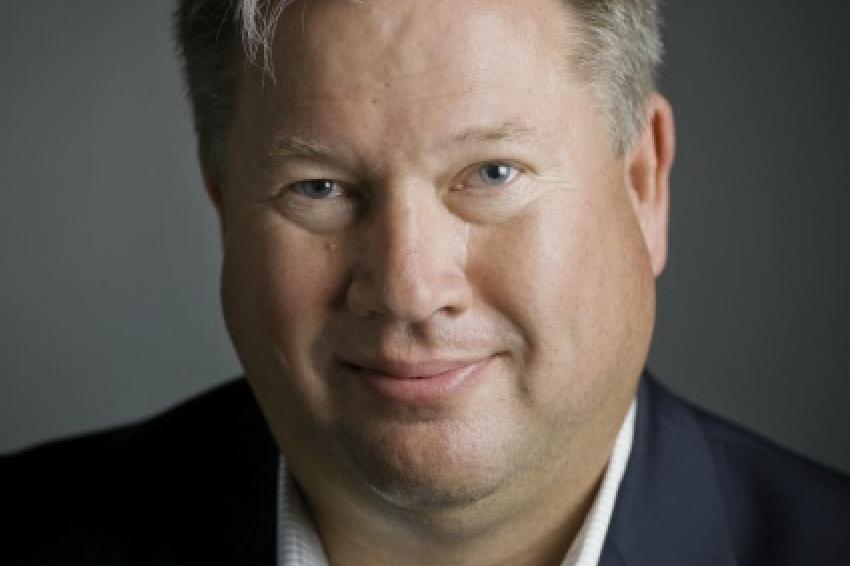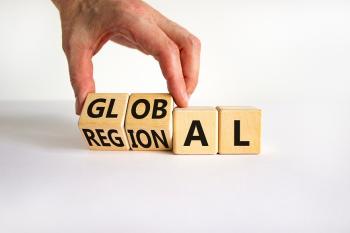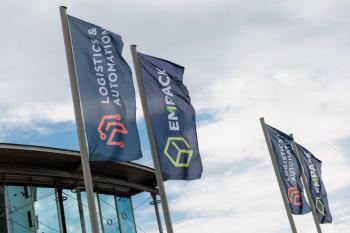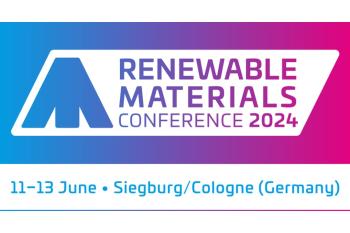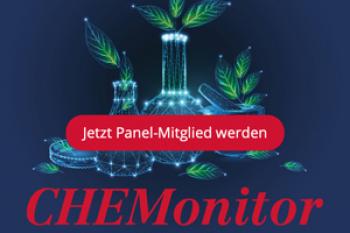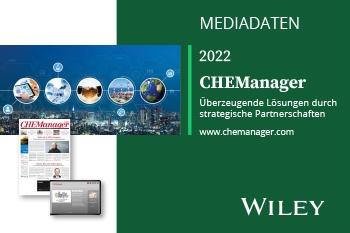Bob Margevich on AkzoNobel’s Boxing Oleochemicals Buy
Acquisition Gives Surface Chemistry Unit Chinese Footprint
First Step - Acquisitions are nothing unusual for multinationals in the chemical industry, but AkzoNobel's recent purchase of China's Boxing Oleochemicals (pronounced Bo-sching) marked a first for the Netherlands-based company:
The acquisition is finally giving its Surface Chemistry business a much-needed manufacturing footprint in China. With the demand in Asia for amines and derivatives growing rapidly, Bob Margevich, managing director of AkzoNobel Surface Chemistry, said his business unit was looking for a way to enter the market quickly. "The demand for amines and derivatives is expected to increase significantly over the next few years, with a third of the Asian demand for amines coming from China alone," he said.
Brandi Schuster spoke to him about the company's integration plans for the Chinese supplier of nitrile amines and derivatives. The transaction is expected to be finalized in the last quarter of 2011.
CHEManager Europe: What was the strategy behind the Boxing acquisition?
Bob Margevich: AkzoNobel wants to grow its businesses in emerging markets, especially in China. Last year we inaugurated our €320 million multi-site in Ningbo, where our Functional Chemicals business unit produces chelates, ethylene amines and ethylene oxide, with organic peroxides to be added by the end of the year.
As far as our Surface Chemistry business unit is concerned, we didn't have a manufacturing footprint in China prior to the Boxing Oleochemicals acquisition. We really needed to create a manufacturing footprint in China, and Boxing is a perfect fit for our technology; the site provides us with a sound manufacturing platform.
What are your plans for integrating Boxing into the Surface Chemistry business unit?
Bob Margevich: Over the course of the next three years, we expect to invest several million dollars in facility upgrades. We plan on increasing capacity - I can't give details here, but we do have big plans as this is our first facility in China. We will also bring the facility up to par with AkzoNobel's health, safety and environmental standards.
What is driving the demand for amines and derivatives in China?
Bob Margevich: Demand is being driven by population growth, expanding middle class, increased focus on sustainability and the build-up of infrastructure. Surfactants in Asia are growing at above-GDP levels, primarily because of the rapid industrialization and urbanization; the growing middle class has money to spend.
There is a substantial gap between emerging and mature markets when it comes to per capita consumption of consumer products such as shampoo, fabric softeners, cleaners, etc. The same goes for industrial applications, such as asphalt derivatives and additives used in oilfield applications, for example. As people in these emerging markets become more westernized, they become more and more interested in these kinds of products. A similar growth pattern can be observed in the Chinese automobile industry.
Has this strong growth in Asia had a negative effect on manufacturing facilities elsewhere?
Bob Margevich: AkzoNobel wants to grow its business, and where the growth is coming from is in emerging markets. This doesn't mean that mature markets in the western world are shrinking; we have a strong base of businesses in the U.S. and in Western Europe, but the growth for the future will definitely be coming from countries like China, Brazil, India, Southeast Asia, Eastern Europe, etc.
We have capacity in those parts of the world for these kinds of products; but we have capacity in the U.S. and Western Europe. We're not going to take out capacity where we already have it, as we use it to supply regional customers. That's what's so great about the Boxing acquisition - we'll be able to supply our local customers from local production.
What is AkzoNobel Surface Chemistry's strategy when it comes to emerging markets? Is growth primarily achieved through acquisitions, or does the company also have locations in Asia?
Bob Margevich: It's a combination of both. We wanted a footprint in China, and we wanted it quick. In the case of Boxing, it made more sense to do an acquisition. But we also need to build. It's part of our strategy to outgrow our markets, and that means we'll have to put steel and concrete in the ground.
Many chemical industry plants today are sold out or nearly sold out, so it doesn't necessarily solve the problem of outgrowing the market. We're certainly looking at additional grassroots capacity. Our plants are typically designed that we can debottleneck them and increase capacity, but we've already done that at our plants in the U.S., Western Europe, and this year in Brazil.
Going forward, what is your strategy in the Surface Chemistry business?
Bob Margevich: AkzoNobel has a company has been strongly focused on China; in the Surface Chemistry unit, we had to catch up a bit. Now that we have Boxing, the Functional Chemicals business will expand capacity in the Ningbo facility for some surfactants. We're also looking at expanding existing capacity in Brazil and at a project in India. Those are our main focus points right now.
This article is also avaliable in Chinese. Translation courtesy of MaterialViews.
Kontakt
AKZO Nobel N.V.
Velperweg 76
6800 SB Arnhem
+31 26 366 0
+31 26 3663250

